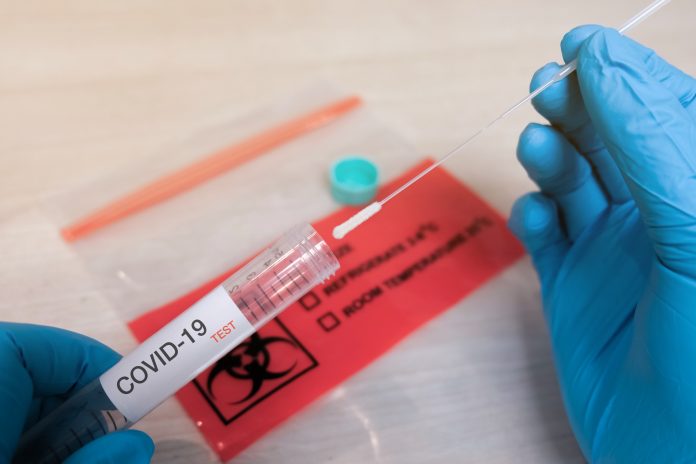UK Research and Innovation (UKRI) and the Department of Biotechnology (DBT), Ministry of Science and Technology, Government of India are launching a joint funding initiative to support the UK-India COVID-19 research collaboration
Through the Medical Research Council (MRC) and Economic and Social Research Council (ESRC), UKRI and DBT are investing £4 million each to support new research projects to better understand the severity of COVID-19 in south Asian populations in India and the UK.
Successful projects will focus on:
- Mechanistic studies of the disease and its sequela
- Virology, immunity and pathophysiology
- Epidemiology and behavioural science.
Dame Ottoline Leyser, Chief Executive of UK Research and Innovation, said:
“In the UK emerging evidence shows that, after taking account of age and other sociodemographic factors, people from Black, Asian and minority ethnic (BAME) backgrounds are nearly twice as likely to die of COVID-19 as white people. There is an urgent need for more data on why COVID-19 disproportionately impacts people from minority ethnic backgrounds in the UK and around the world.
“Through the UKRI-DBT COVID-19 Partnership Initiative we hope to support collaborative UK-India research teams to investigate exactly that. We hope the findings from this new programme will help to mitigate the severity of COVID-19 in the UK and India.”
Dr Renu Swarup, Secretary of India’s Department of Biotechnology, said:
“This joint programme builds on the strong foundation of India-UK research collaboration and is an opportunity to bring together our collective expertise to understand the severity of COVID-19 infection in south Asian populations of both India and the UK.
“This pandemic has brought together scientific research groups nationally and globally to address key research questions. Faced with one of the biggest challenges of our time, research from this DBT-UKRI collaboration will be important in understanding the differential response among these two populations. Improved understanding in this regard will empower us in planning more effective interventions to fight COVID-19 pandemic and any such events in future.”
Find further details of the funding here











